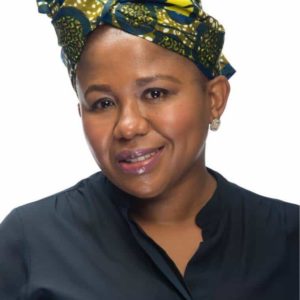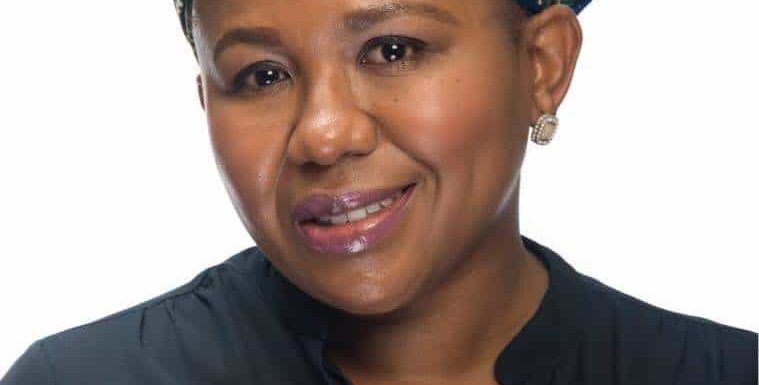By: Matlhodi Leteane, Head of Operations, FNB Fiduciary

Many people still don’t see the value of having a valid Will. However, the COVID-19 pandemic has encouraged people to pay more attention to their estate and assets. According to FNB, over the course of lockdown there has been an increase in the number of people who are taking interest in drafting or updating their Will.
The Bank has seen an 8% increase in customers who are interesting in drafting a new Will or those who wish to update their existing Will.
A valid Will gives your executors clear instructions on how your estate and assets should be disposed upon your death. With National Wills Week set to take place from 26-30 October 2020, we encourage consumers to prioritise drafting and updating their Will. It’s important to have your Wills drafted by a professional with experience and expertise in this area. We often find that many wills that are drafted are often invalid due to irregulates or incorrect information presented.”
Your Will allows you to select your executor, rather than leaving this difficult task to family members after death. If you have minor children, you can nominate guardians in your Will. You can set up a testamentary trust where the assets left for the benefit of minor children can be prudently managed.
A Will should be updated whenever there is a change in personal circumstances, such as acquiring new or additional assets, the birth of a child, marriage or divorce. In the unfortunate event of you dying without a Will, your estate will be distributed intestacy, meaning that the law of intestate succession Act will come into play. In terms of the Act, the division rules of the assets are determined based on who survives you. For instance, if you are survived by a spouse, the spouse will inherit everything.
It is worth noting that if a Will is made in another country, it would still be valid provided that it meets the requirements of the Wills Act. However, we must distinguish a South Africa Will in which foreign assets are disposed of, as certain countries have differing laws pertaining to the disposal of certain assets as well as the tax consequences thereof.
The Wills Act prescribes that a valid Will is one which is in writing, a testator must sign the Will at the end and two witnesses must attest to the signature of the testator. For practical reasons, a Will must also be dated. Over and above these, the testator must be 16 years old and above and the two witnesses must be 14 years old and above.
Even if you don’t have dependants, but you have assets which must be distributed after death, you still need a valid document which will inform the executor who must get what assets. Another option for singles that don’t have dependants is to leave the entire estate to a charitable organisation, such an Orphanage or a Hospice.
As we know that cost always play a factor in everything we do, we do advise consumers to note that the cost of having a valid Will varies from company to company.

